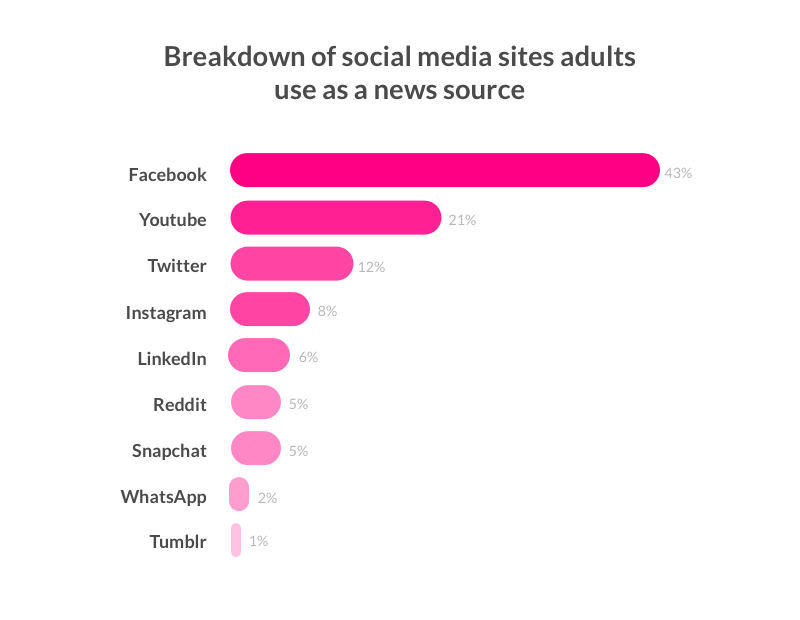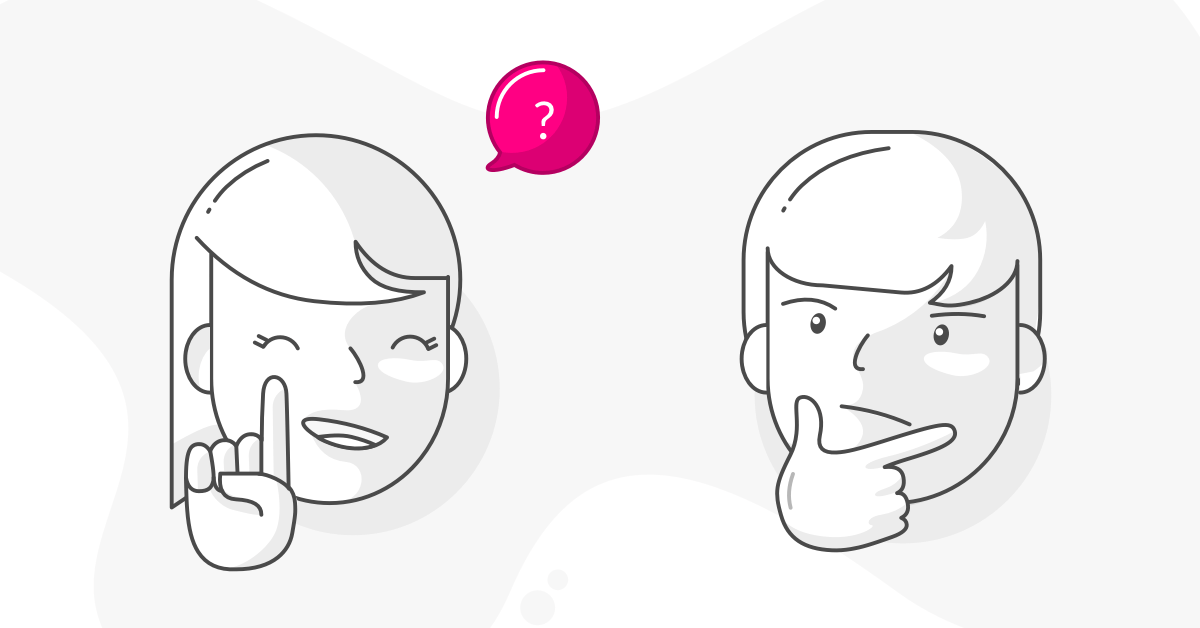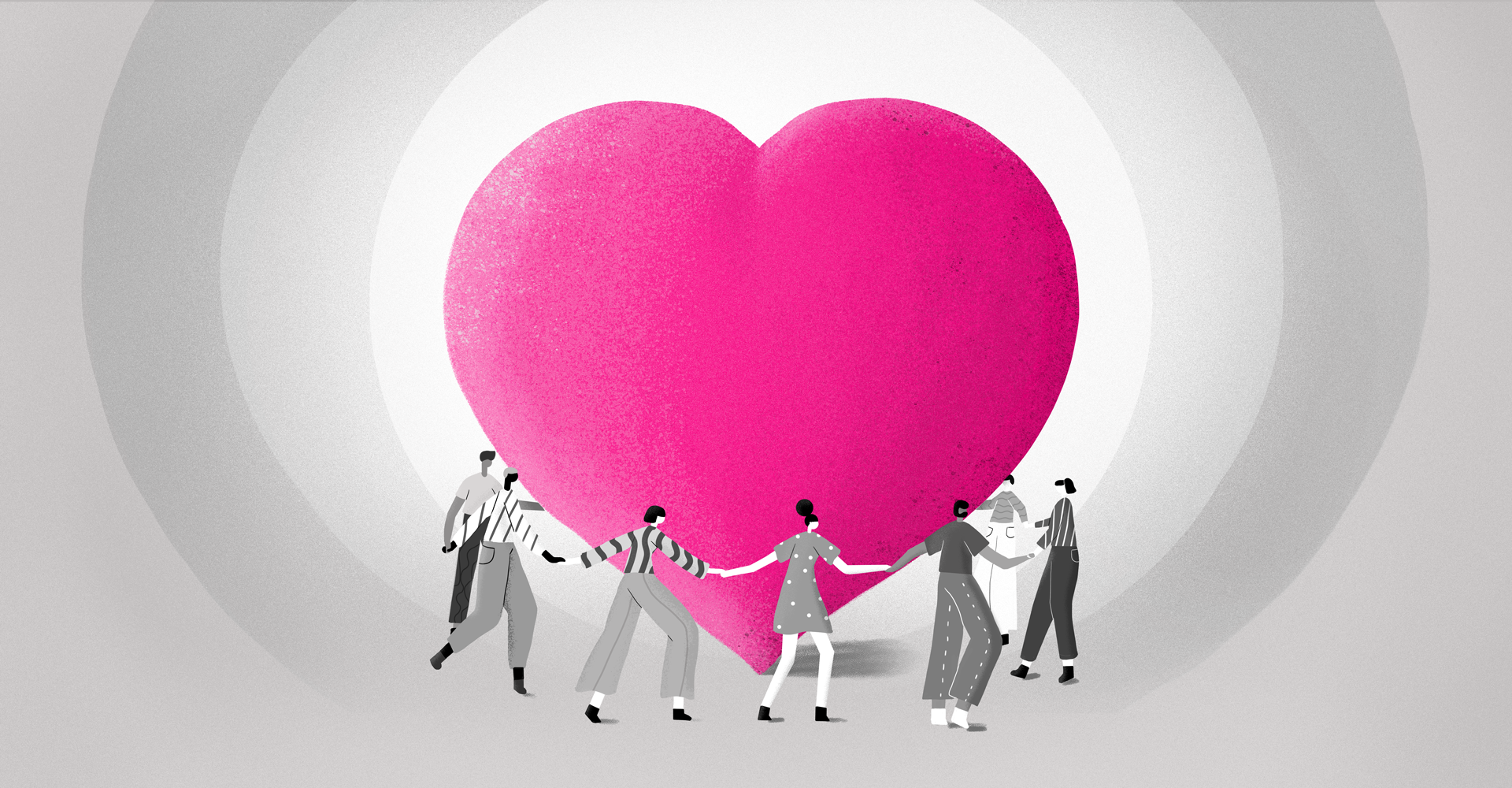We’re often asked which we want first: the good news or the bad. But recently, we don’t seem to have much of a choice. Media outlets, TV reports, and our social media feeds are churning out stressful headlines at full-blast.
It’s no surprise that Americans name the news as a significant source of stress, according to a survey by the American Psychological Association. When we’re exposed to negative news, we’re not only more anxious, but we’re also more likely to catastrophize worries in our own lives, studies show.
There’s even an official name for it: Headline Stress Disorder.
Psychologist Dr. Steven Stosny coined this term in 2016, a year packed with global events that polarized communities. Between Brexit, American elections, and a global refugee crisis, the media went into overdrive, and Stosny noticed his patients experiencing increased anxiety. The 24/7 news cycle was causing arguments with spouses and coworkers, fighting with friends over social media, and increased levels of smoking and drinking.
And having the news at our fingertips doesn’t help. Most people get their news online, specifically from social media. With more than 2.4 billion internet users, nearly 64.5 percent receive breaking news from Facebook, Twitter, YouTube, Snapchat, and Instagram instead of traditional media, according to Forbes.

While we can’t (and shouldn’t) ignore the news, we need to be mindful that the 24-hour news cycle means we’re constantly surrounded by frightening headlines.
In a time of good news, bad news, and fake news, how can we stay on top of information and our self-care at the same time?
Here are our best tips for staying engaged, and sane, during a tough news cycle.
1. Don’t check the news immediately
When disaster strikes, we frequently find ourselves glued to our TVs and Twitter feeds, but this is actually the time we should be tuning out.
Remember that it takes journalists a while to get all the facts straight, and it’s best to wait a bit before analyzing a report. Closely tracking a story with half-truths and speculation increases anxiety and stress levels.
2. Make an effort to get good news, too
From political upheavals to climate change to pandemics, the news can be pretty dark. But it’s important to remember that bad news does not make up the sum total of a day’s events.
Make sure you lighten the emotional load by consuming more than just the worst of things. Good News Network is great for a quick boost of positive stories, and so is Channel Kindness.

3. Write a worry list
When anxious feelings spiral out of control, your brain looks for a way to organize them. To streamline your thought process, write down what you’re thinking as you think it if you’re feeling anxious about the news.
Treat it like a brain dump, where you jot down your worries and concerns. Getting these anxieties out of your head and onto paper allows you to destress. Pro tip: use an app or a journal that you can literally close when you’re done.
4. Shake it off
When animals go through something traumatic, they tend shake their bodies vigorously, in order to discharge the tension. This releases stress, so their bodies let go of the pressure.
To use this technique, shake your whole body vigorously for a few seconds. Doing so to songs like Taylor Swift’s “Shake It Off” or Outkast’s “Hey Ya” is optional (but recommended!).
Our bodies interact with our minds, so physical movement can trick our brains into understanding or experiencing things differently, according to Nicholas Coles, a social psychology researcher at the University of Tennessee.

5. Focus on what you can solve
Instead of just unplugging from the news, focus on issues you can actually help solve.
Acts of violence or a devastating hurricane, for example, can make us feel powerless and defeated. But we can always do something to make the world better — by contributing to positive changes in our communities, families, or even as individuals. For ways to get involved, or help make a change, check out our list of Giveback partners.
6. Reduce your intake
If the frequent news updates spike your anxiety levels, think about what you can do to reduce your intake – turning off news alerts on your phone, or deleting news apps and notifications.
While we’re used to getting most of our news instantly, the old-school approach of reading a print paper means you’ll get news more accurately, voluntarily, and sparingly. And on page two or seven, you’ll find a positive story that can lower your stress levels.

Stay informed without losing it
The way the news is presented and how we access it has changed, and these changes can be damaging to mental health. But it is possible to stay informed without compromising your wellbeing.
By limiting your exposure, changing the way you receive updates, and giving your body and mind a chance to unload the stress of a news cycle, you can stay engaged, active, and… sane.